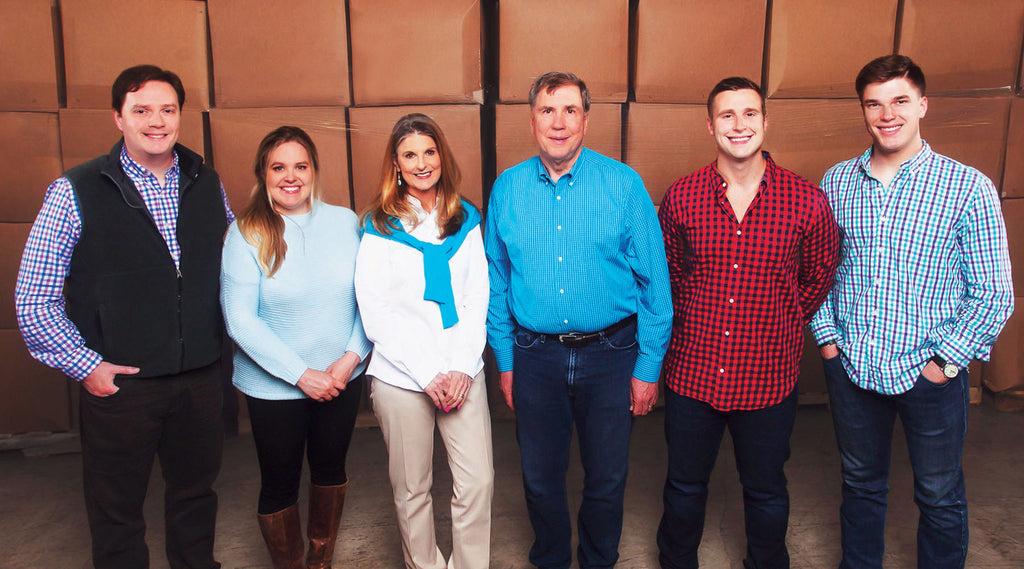An Oklahoma-based family-owned pillow-making business is suing the U.S. Consumer Product Safety Commission (CPSC) after it tried to shut down the company when two infants died after parents ignored explicit product safety warnings.
The lawsuit claims regulatory overreach and seeks to curb the powers of the CPSC, an administrative agency.





